Refine search
Actions for selected content:
97 results in Cambridge Classical Studies
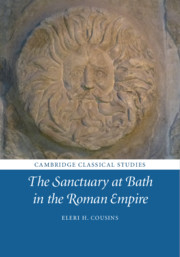
The Sanctuary at Bath in the Roman Empire
-
- Published online:
- 07 January 2020
- Print publication:
- 16 January 2020
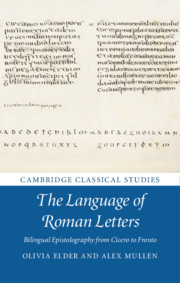
The Language of Roman Letters
- Bilingual Epistolography from Cicero to Fronto
-
- Published online:
- 26 September 2019
- Print publication:
- 03 October 2019
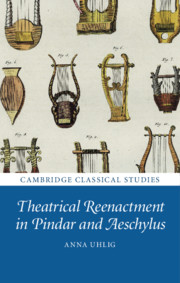
Theatrical Reenactment in Pindar and Aeschylus
-
- Published online:
- 07 July 2019
- Print publication:
- 18 July 2019
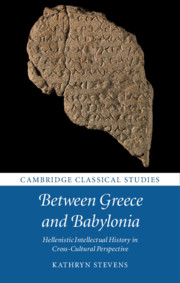
Between Greece and Babylonia
- Hellenistic Intellectual History in Cross-Cultural Perspective
-
- Published online:
- 29 May 2019
- Print publication:
- 23 May 2019
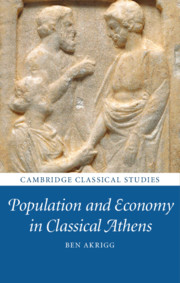
Population and Economy in Classical Athens
-
- Published online:
- 08 March 2019
- Print publication:
- 28 March 2019
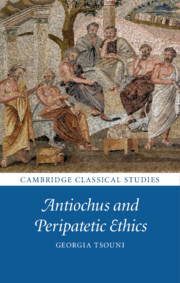
Antiochus and Peripatetic Ethics
-
- Published online:
- 15 February 2019
- Print publication:
- 07 March 2019
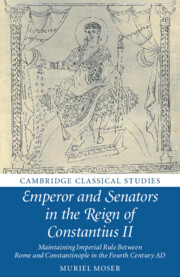
Emperor and Senators in the Reign of Constantius II
- Maintaining Imperial Rule Between Rome and Constantinople in the Fourth Century AD
-
- Published online:
- 23 November 2018
- Print publication:
- 06 December 2018
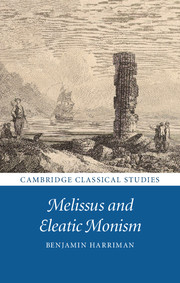
Melissus and Eleatic Monism
-
- Published online:
- 16 November 2018
- Print publication:
- 06 December 2018
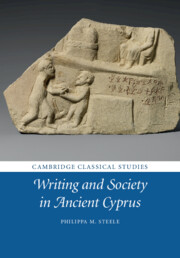
Writing and Society in Ancient Cyprus
-
- Published online:
- 08 October 2018
- Print publication:
- 25 October 2018
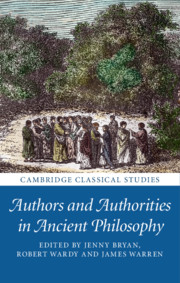
Authors and Authorities in Ancient Philosophy
-
- Published online:
- 07 September 2018
- Print publication:
- 13 September 2018
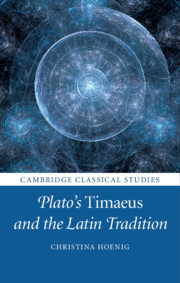
Plato's Timaeus and the Latin Tradition
-
- Published online:
- 23 July 2018
- Print publication:
- 02 August 2018
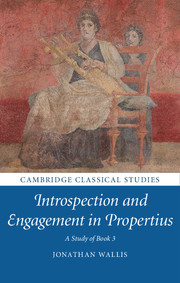
Introspection and Engagement in Propertius
- A Study of Book 3
-
- Published online:
- 14 April 2018
- Print publication:
- 12 April 2018
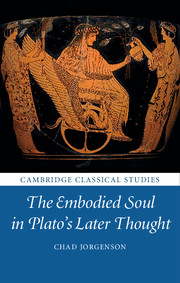
The Embodied Soul in Plato's Later Thought
-
- Published online:
- 23 March 2018
- Print publication:
- 05 April 2018
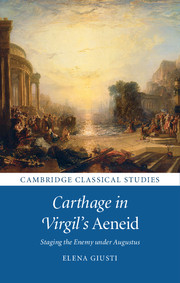
Carthage in Virgil's Aeneid
- Staging the Enemy under Augustus
-
- Published online:
- 16 March 2018
- Print publication:
- 29 March 2018
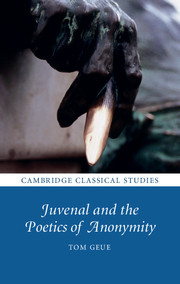
Juvenal and the Poetics of Anonymity
-
- Published online:
- 21 November 2017
- Print publication:
- 23 November 2017
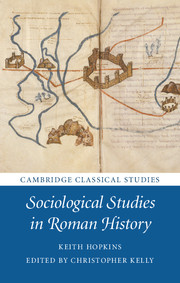
Sociological Studies in Roman History
-
- Published online:
- 20 October 2017
- Print publication:
- 02 November 2017
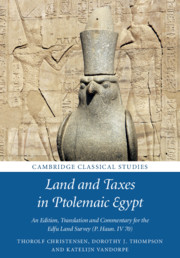
Land and Taxes in Ptolemaic Egypt
- An Edition, Translation and Commentary for the Edfu Land Survey (P. Haun. IV 70)
-
- Published online:
- 17 October 2017
- Print publication:
- 12 October 2017
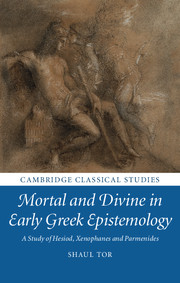
Mortal and Divine in Early Greek Epistemology
- A Study of Hesiod, Xenophanes and Parmenides
-
- Published online:
- 30 September 2017
- Print publication:
- 12 October 2017
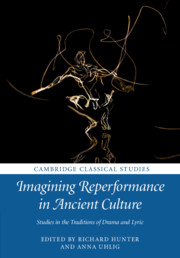
Imagining Reperformance in Ancient Culture
- Studies in the Traditions of Drama and Lyric
-
- Published online:
- 15 June 2017
- Print publication:
- 09 June 2017
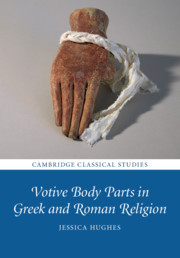
Votive Body Parts in Greek and Roman Religion
-
- Published online:
- 31 March 2017
- Print publication:
- 06 April 2017
